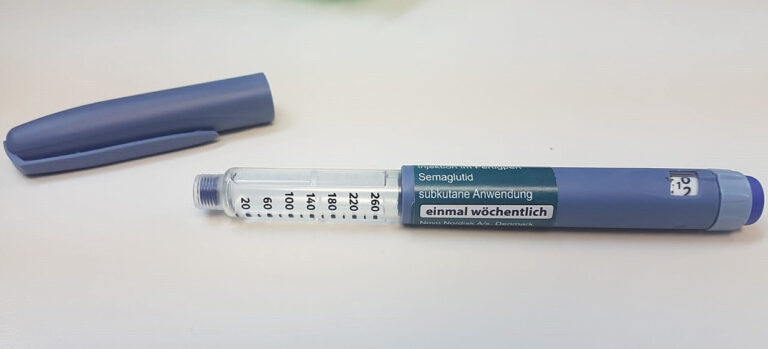A Certificate of Suitability (CEP) is an official document issued by the European Directorate for the Quality of Medicines and HealthCare (EDQM) that certifies a substance’s compliance with the relevant monograph(s) of the European Pharmacopoeia (Ph. Eur.). It demonstrates that the quality of an active pharmaceutical ingredient (API), excipient, or material of animal origin meets the Ph. Eur. requirements for purity, quality, and safety.
The CEP system was created to simplify and harmonize regulatory submissions within Europe. When a manufacturer holds a valid CEP, Marketing Authorization Holders (MAHs) can reference it in their product dossiers instead of submitting full API data or an Active Substance Master File (ASMF). This streamlines the review process across European authorities, ensures consistent quality evaluation, and reduces duplication of effort.
Each CEP is granted after EDQM’s scientific assessment of the manufacturer’s dossier, which includes information on manufacturing processes, impurity profiles, control methods, and stability data. The certificate remains valid for five years, after which it must be renewed. Holders must notify EDQM of any changes affecting the substance’s quality.
CEPs are recognized by all European Pharmacopoeia member states and many international authorities, making them a valuable regulatory tool for global pharmaceutical trade. In essence, a CEP acts as a “quality passport” confirming that a substance, when manufactured under approved conditions, consistently meets European Pharmacopoeial standards for use in medicinal products.


